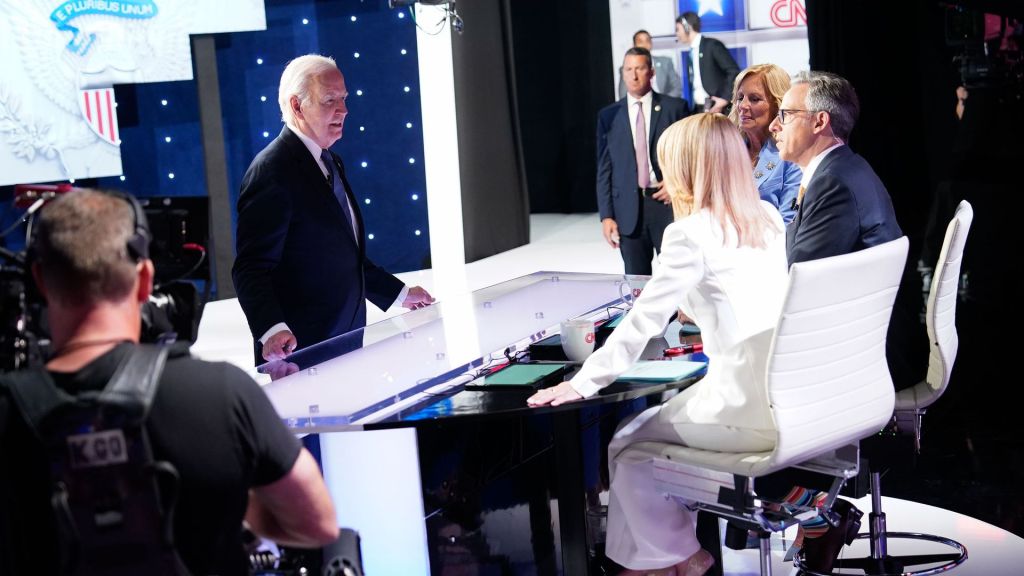
[Kalé Carey]
TENNESSEE’S SUPREME COURT RULES FREE SPEECH STOPS AT THE BUMPER… WITH WEDNESDAY’S DECISION SAYING A PERSONALIZED LICENSE PLATE IS NOT PROTECTED BY THE FIRST AMENDMENT.
THE DECISION CENTERS AROUND LEAH GILLIAM, WHO FILED A LAWSUIT AGAINST THE TENNESSEE DEPARTMENT OF REVENUE.
HER CAR’S IDENTIFIER READ “69PWNDU”—A CODE SHE’D HELD SINCE 2010. THEN, 11 YEARS LATER, A LETTER ARRIVED STATING IT WAS BEING REVOKED.
THE STATE CLAIMED IT REFERRED TO SEXUAL DOMINATION, BUT GILLIAM ARGUED THE NUMBERS WERE A REFERENCE TO HER PHONE NUMBER AND GAMING HOBBY.
GILLIAM TOOK HER FIGHT TO TENNESSEE STATE COURT, CLAIMING DISCRIMINATION AGAINST HER FIRST AMENDMENT RIGHTS.
IN THE COURTROOM, STATE ATTORNEY’S ARGUED FREE SPEECH DOESN’T APPLY TO ALPHANUMERIC COMBINATIONS ON LICENSE PLATES BECAUSE THEY ARE GOVERNMENT ISSUED AND THE FIRST AMENDMENT CAN’T APPLY TO ITS OWN SPEECH.
THE FIRST JUDGE RULED IN FAVOR OF THE STATE. THEN, AN APPELLATE COURT OVERTURNED THAT DECISION, LEAVING THE TENNESSEE SUPREME COURT TO MAKE THE FINAL CALL
THE JUSTICES WROTE, “Tennessee’s personalized license plates are government speech or private speech.” MEANING THE, “First Amendment does not prohibit the State from revoking Gilliam’s plate based on the content of its message.”
THEY CITED A 2015 U-S SUPREME COURT CASE OUT OF TEXAS, WHERE THE JUSTICES RULED THAT SPECIALTY OR PERSONALIZED PLATES CONSTITUTE GOVERNMENT SPEECH.
GILLIAM’S ATTORNEYS PLAN TO TAKE THE CASE TO THE NATION’S HIGH COURT.
IN RESPONSE TO THE RULING, THEY ARGUED THAT PERSONALIZED LICENSE PLATES ARE A STATEMENT FROM THE CAR’S OWNER, NOT GOVERNMENT DERIVED SPEECH.
FOR STRAIGHT ARROW NEWS, I’M KALÉ CAREY.
FOR MORE ON STORIES LIKE THIS AND OTHER UNBIASED UPDATES DOWNLOAD THE S-A-N MOBILE APP.











